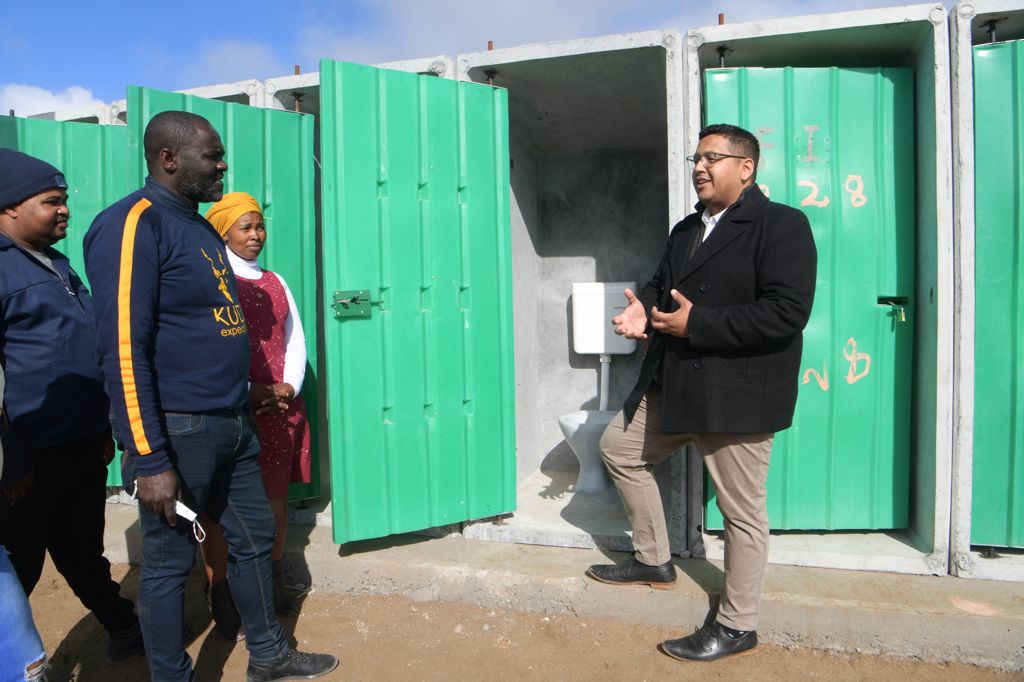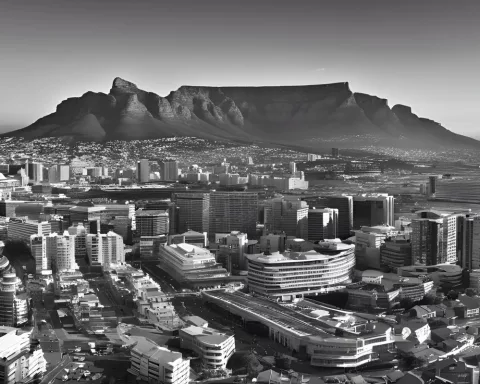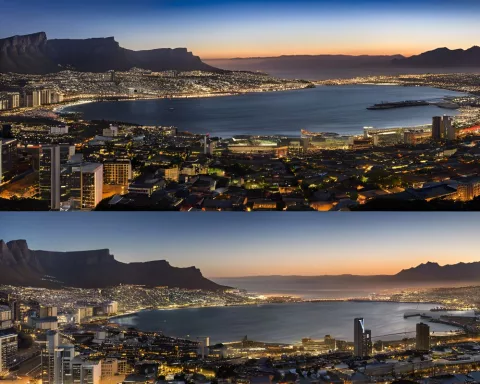Cape Town, a bustling coastal city in South Africa, is committed to investing R4.3 billion in water and sanitation infrastructure in the 2023/2024 financial year. This significant initiative showcases the Water and Sanitation Directorate’s dedication to providing access to high-quality water and ensuring that communities do not suffer from sewer overflows. The city’s investment plan also strives to provide adequate sanitation in informal settlements, promoting a healthier environment for all residents.
City Council’s Budget for Water and Sanitation Projects
The City Council has approved a total budget of R18.5 billion for water and sanitation projects over the next three financial years (2023/24, 2024/25, and 2025/26). This substantial sum highlights the city’s commitment to improving its basic infrastructure while addressing the challenges faced by the growing population. Councillor Zahid Badroodien, Mayoral Committee Member for Water and Sanitation, has expressed his gratitude to residents for their contributions and support for these investments, which are designed to build a “City of Hope” and put the Water Strategy into action.
The New Water Programme
The New Water Programme (NWP) is a crucial aspect of the planned budget. It involves bringing alternative water sources online, such as desalination, aquifer extraction, and reuse. With a budget of R604 million, the initiative aims to produce an additional 300 million litres of new water every day by 2030, catering to Cape Town’s expanding population.
Wastewater Treatment Works Extensions
The investment plan allocates R1.8 billion for Wastewater Treatment Works (WWTW) extensions. These extensions will increase the capacity of multiple facilities across the city, including Potsdam, Zandvliet, Athlone, Bellville, and Macassar. Upgrades for other WWTWs like Cape Flats, Wesfleur, and Wildevoelvlei are also in the works.
Proactive Measures to Prevent Sewer Overflows
To prevent sewer overflows, the city has earmarked R892.5 million for proactive measures, such as upgrading and refurbishing sewer pump stations, replacing 100km of sewer pipes, and tackling sewer spills by upgrading bulk sewers in Cape Flats, Philippi, Milnerton, and Gordons Bay.
Reliable Water Supply and Infrastructure Projects
Investments will also be made to ensure a reliable water supply to properties, with a focus on communities in Hout Bay, Noordhoek, Simon’s Town, Fish Hoek, Ocean View, and numerous other areas. A total of R92 million has been allocated for this purpose. Furthermore, the city has allocated R157.5 million to build resilience during load-shedding and R104.4 million to improve waterways, reducing the risk of flooding. An additional R321 million will be set aside for other infrastructure projects.
Cape Town’s R4.3 billion investment in water and sanitation for the 2023/2024 financial year is a significant step towards enhancing the quality of life for its residents. Through these well-planned initiatives, Cape Town seeks to create a sustainable and resilient infrastructure that can support its growing population and secure a bright future for all.












